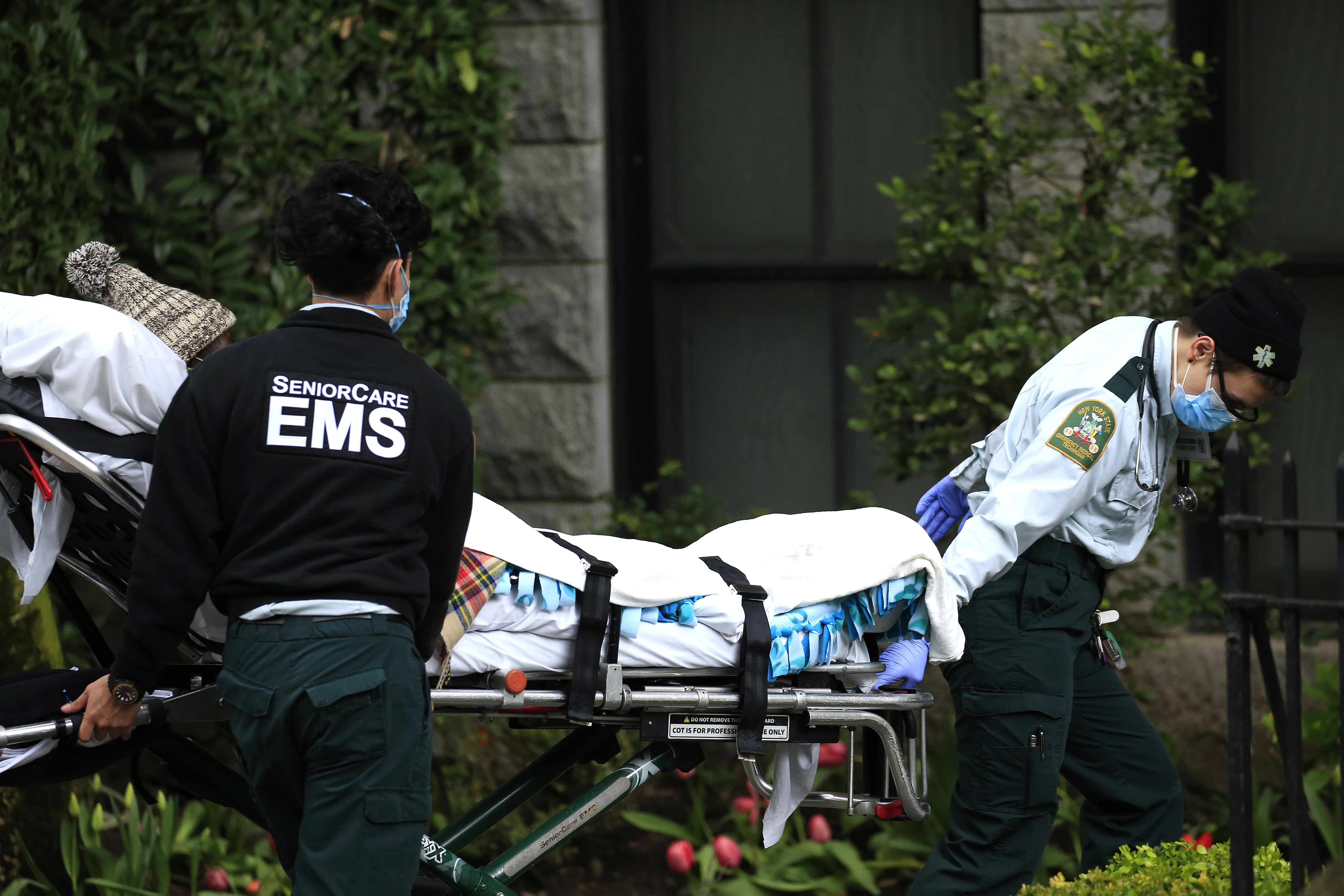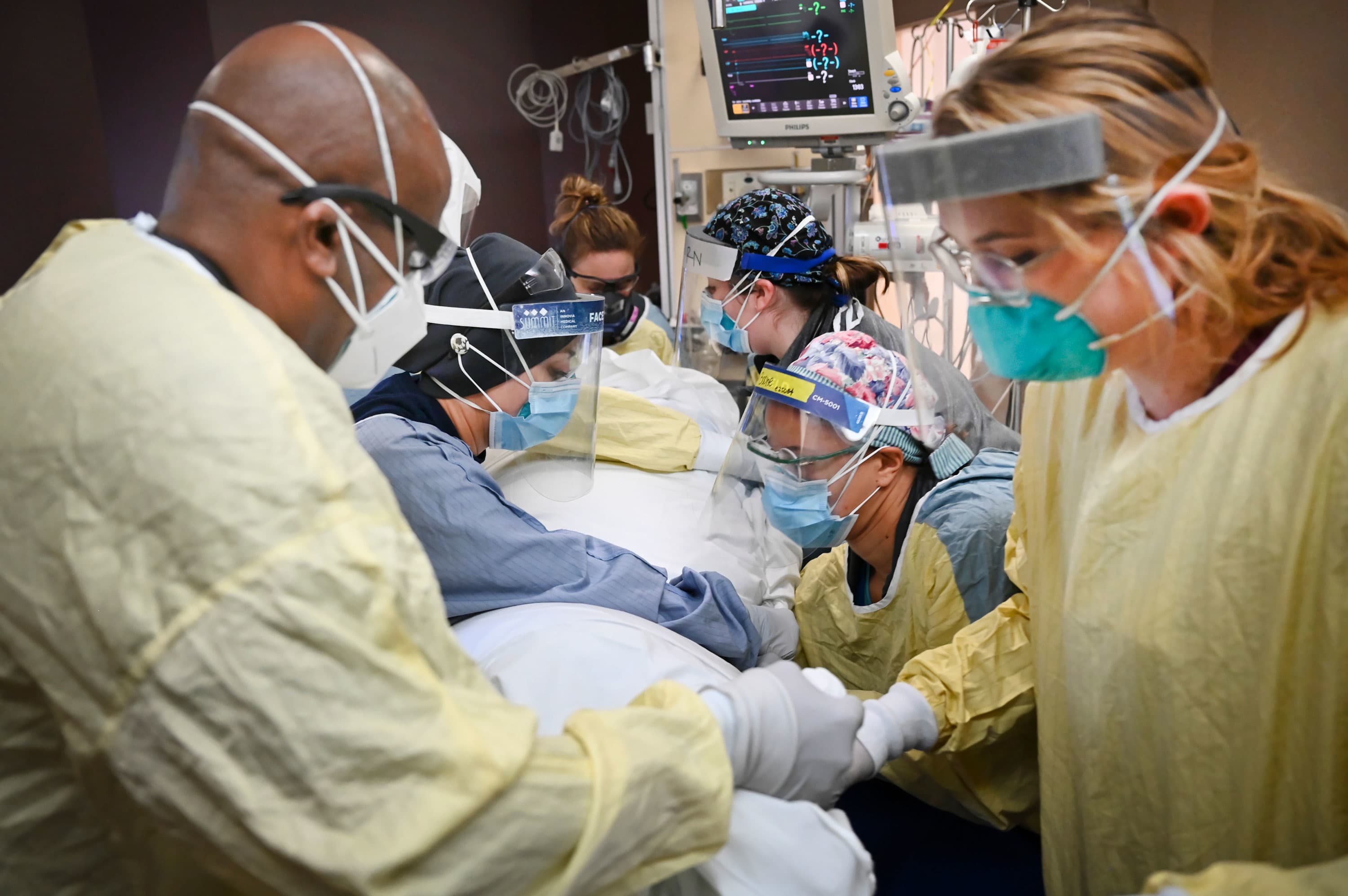Chances are you’ve seen Plexiglas-style barriers go up inside office buildings, grocery stores and restaurants throughout your neighborhood. But are they really keeping us safe from COVID-19?
Plexiglas sales tripled during the pandemic and businesses nationwide invested $750 million into the plastic shields.
But more than a year later, experts remain divided on how effective they are at keeping you safe from COVID-19.
In fact, some doctors say they may be harmful, raising the risk they’re trying to reduce.
We're making it easier for you to find stories that matter with our new newsletter — The 4Front. Sign up here and get news that is important for you to your inbox.
“Plexiglas barriers serve no purpose and in fact, they can be harmful because they can impede proper ventilation of a room,” Linsey Marr, a professor of civil and environmental engineering at Virginia Tech who studies viruses in the air.
Marr says plastic barriers are useful for close face-to-face interactions at the grocery store checkout or the bank, but they won’t protect you from catching COVID-19 in most indoor settings like office buildings, schools and restaurants.
“Plexiglas makes us feel better because we can see it and we know that it does block large droplets,” she said.
The barriers can block the large droplets, but not aerosols — tiny solids or liquids that can flow around those see-through walls, Marr says.
That’s the problem because coronavirus is primarily spread through aerosols that you can’t see. Those aerosols are released when we speak, easily floating over barriers in the same way cigarette smoke does.
But Dr. David Edwards, an aerosol science expert and professor at Harvard University, says Plexiglass-style barriers it can still offer some protection.
Plastic sheets can help increase the distance between someone who’s infected and others around them.
For example, if someone sneezes across the checkout counter from you, the droplets may only have to travel 3 feet to reach you. Put up a barrier, and those droplets must travel 10 feet.
Edwards says the further infected aerosols must travel, the less likely they are to reach someone else.
“The more layers of protection you have the better,” Edwards said.
And while the science isn’t settled, both experts agree on some key ways to slow the spread of COVID-19: ventilation and air filtration.
“It's the more invisible things, improving ventilation, that make a bigger difference,” Marr said.
A recent study by the Centers for Disease Control and Prevention found that barriers setup around the desks at elementary schools in Georgia did not translate to lower infection rates. But face masks and ventilation improvements did.
Studies also show portable air filtration units can be really effective, removing 99% of particles in the air.



